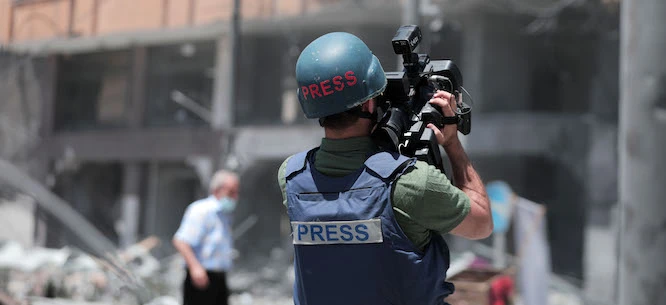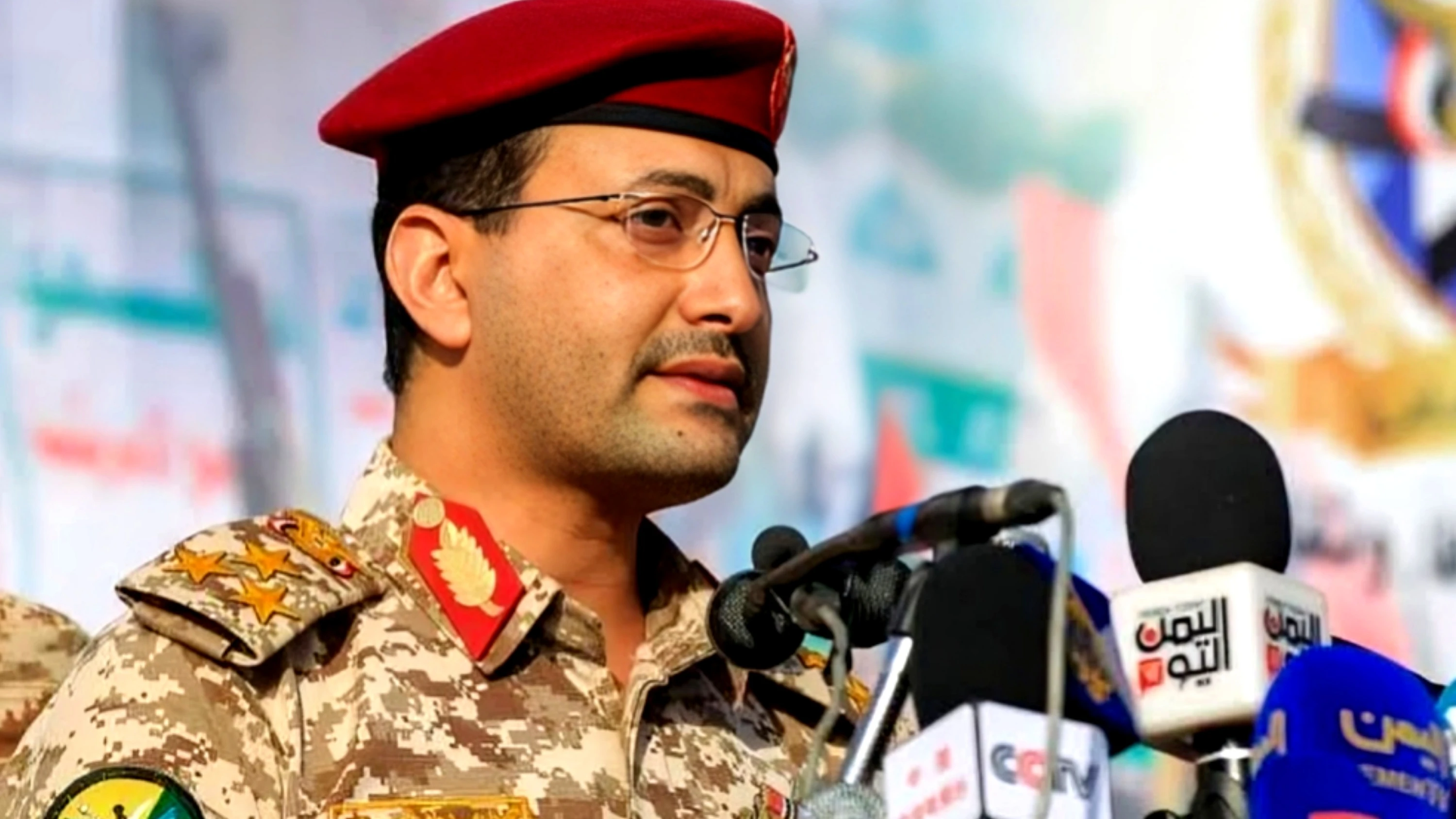Paris: Syrian Interim President Ahmed al-Sharaa has confirmed that his government is engaged in indirect discussions with Israel, facilitated by mediators, in an effort to de-escalate the growing hostilities between the two nations.
This revelation follows a recent surge in Israeli military actions targeting Syria, including an airstrike that struck within 500 meters of the presidential palace in Damascus.
Israel has justified its recent airstrikes, claiming they were intended to counter perceived threats to its minority Druze community. However, al-Sharaa accused Israel of engaging in "random interventions" within Syrian territory. He emphasized that Damascus is also reaching out to countries maintaining dialogue with Israel, urging them to press for an end to what he described as unwarranted Israeli interference and attacks on Syrian infrastructure.
Al-Sharaa’s statements came during his landmark visit to Paris, his first trip to a European nation since assuming the presidency after leading opposition forces in a swift campaign that led to the overthrow of former leader Bashar al-Assad in December. His visit was made possible by a special exemption from United Nations sanctions, which continue to apply due to his past leadership of Hayat Tahrir al-Sham (HTS), a group formerly linked to al-Qaeda.
During his meeting with French President Emmanuel Macron at the Elysee Palace, al-Sharaa called for the lifting of economic sanctions on Syria, asserting that such measures are no longer justified against the current government. Macron indicated that France may consider a gradual lifting of European Union sanctions if Syria maintains its current course.
“I assured President al-Sharaa that if he continues his current path, we will follow suit, beginning with a phased easing of EU sanctions, and we will advocate for our American allies to adopt a similar approach,” Macron stated.
While some EU restrictions have already been relaxed, several sanctions targeting specific individuals and entities are due to expire on June 1. However, relief in critical sectors such as energy and transportation remains crucial for Syria, with the World Bank estimating that the country’s reconstruction could cost over $250 billion.
Macron also disclosed his ongoing efforts to persuade the United States to delay its planned military withdrawal from Syria, arguing that prioritizing sanctions relief would contribute more effectively to regional stability.
The U.S. has so far maintained a cautious stance toward the new Syrian leadership, contrasting with Europe’s gradual shift toward engagement with Damascus.








